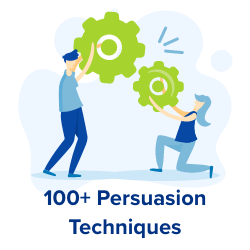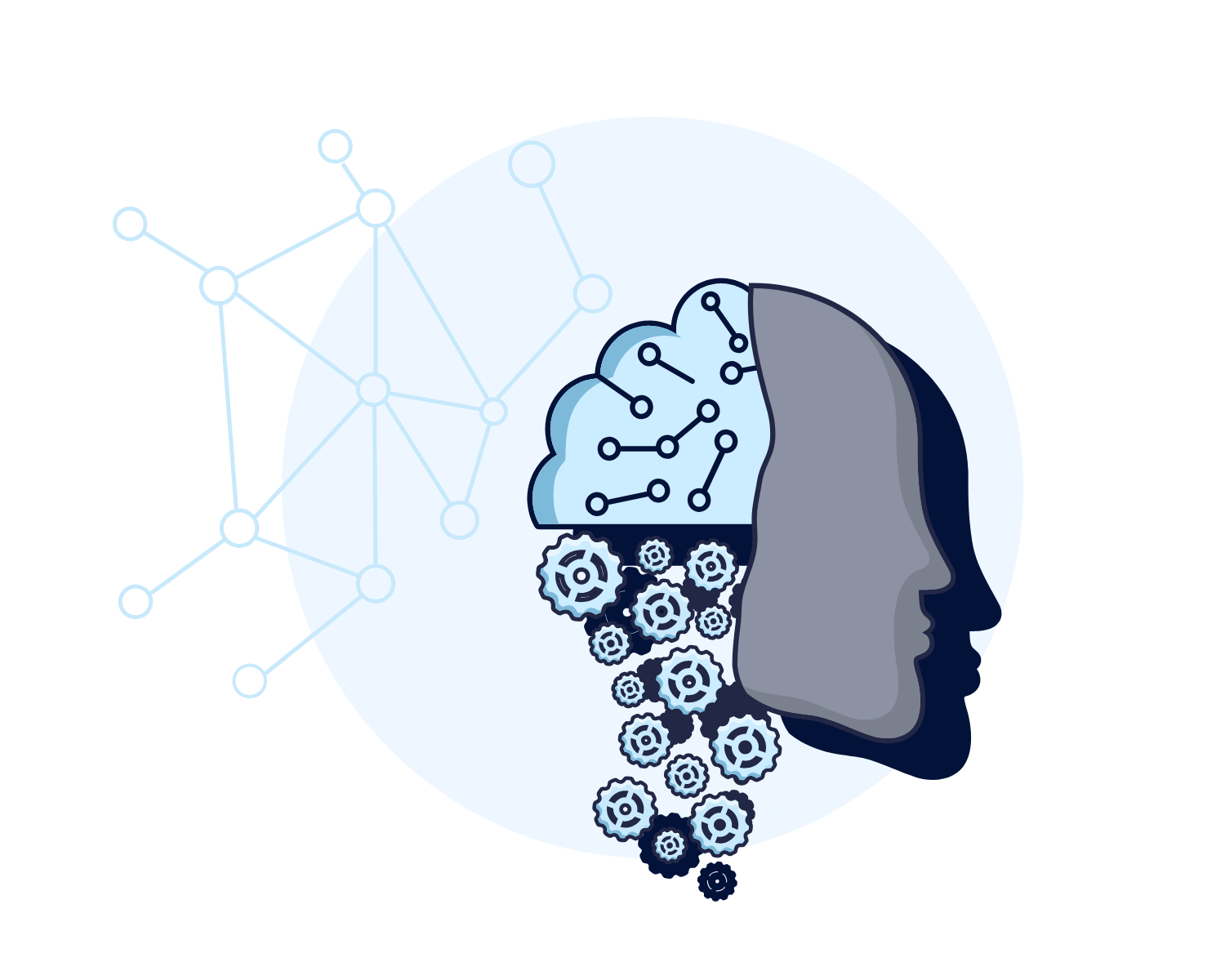What will 2018, the year of Artificial Intelligence, Bring to the World of Online Marketing?
 This article was originally published on Digital Marketing Magazine
This article was originally published on Digital Marketing Magazine
—
Imagine if, 15 years ago, someone had told you that you would sit in your office talking to a small screen. What if they told you that it was the size of your palm, and upon your command, it will be able to tell you the address of the best restaurants nearby. You would have probably accused them of reading too many comic books or sci-fi novels.
However, Artificial Intelligence (AI) has arrived, and it’s quickly transforming the world as we know it.
Bridging the gap
If AI’s effect on marketing had to be summarised in a sentence, it would probably be: ‘AI will bridge the gap between the customers and salesman’. The array of information now available due to AI will make it easier to guide your customer’s behaviour in desired ways.
Research by psychologist Barry Schwartz has revealed that the array of available options and choices for consumers has reached new heights. This has left customers feeling more overwhelmed, than happy, and thus more hesitant to purchase rather than making a decisive decision. They then regret their choices, instead of feeling satisfied. This is especially the case with online shopping, as a virtual space can provide an infinite amount of aisles.
So what does this have to do with AI?
One of the best ways to help your customers and ensure that they engage in more positive, and less overwhelming, purchasing behaviours is to offer them personalised product recommendations. In 2018 AI will allow retailers to understand customers’ preferences, as well as their closest friends, if not better. AI will memorise their browsing pages, purchases, likes, clicks and most intimate wishes.
One size fits all is suddenly out of fashion. You will no longer have to try to address a diverse audience within a single landing page. Landing pages will be automatically tailored to fit the interests and preferences of your customers.
Sounds promising, right?
AI in 2018 will also bring SEO-voice activation. What if, rather than being overwhelmed by choice, your customer knows exactly what they want? All they need to do is take out their phone and talk to it. It is your job, to make sure that your business is SEO-optimised and comes up in top lists of voice search results. The applications of Siri and Alexa will become far-reaching. Even if your customers are not looking for anything particular, but are merely enquiring about the weather, their phones will be smart enough to suggest the timely purchase of an umbrella.
Or 20 minutes later, when the sun re-emerges, a pair of sunglasses. Retargeting ads will have real-time applications to benefit your business, and will offer important customer usability. Sounds like the perfect environment for purchasing behaviour to flourish.
The fact that humans have limited cognitive resources means that they often rely on cognitive biases and heuristics to make decisions regarding their behaviour. The developments of A.I allow marketers to use cognitive behaviour and guide consumer behaviour more intelligently. For example, as marketers will be able to extract more information regarding their customers, the cognitive bias of social influence could be used in more persuasive ways. If your customer is a dedicated runner, notifying them of new limited-edition sports trainers might be a great idea. If using the principle of urgency or scarcity and their personal agenda is not enough to convince them, AI has another solution for you.
Augmented reality
Augmented reality will allow your customer to experience your products and services before owning them. Cialdini defines ‘commitment and consistency’ as one of the most persuasive techniques. It is a principle whereby if we perceive something to be part of our identity for long enough, our desire to appear consistent, and predisposition to commitment might sway us into owning it. That is the reason why, for example, when purchasing a new car you are often offered to take the car out for a test drive. The reasoning is that once you’ve already had a taste of the car for yourself and what it will look like in your driveway, you will be a lot more likely to purchase it.
All experienced CMOs know that reviews are one of the best ways to generate leads. Gone are the days where you have to endlessly chase your customers and beg them to write testimonials. Have you ever wondered how Facebook recognises the people that you try to tag in your photos? It uses a 9-layers deep neural network with more than 120mm parameters to automatically tag your friends. The same power of AI can now be used to recognise emotion displayed by your customers. Their user experience will be evaluated even before the request is made. Or alternatively, a voice activation might be used for them to simply say how they feel.
It seems like the evolution of AI will first be preceded by the evolution of actual intelligence in 2018. Online marketers will be benefiting from unprecedented knowledge of their customers. By taking advantage of this, they will be able to guide their behaviour in desired ways more easily. This will be done by offering personalised real-time recommendations, enhancing cognitive biases, being interactive, and generally bridging the gap between customer and salesperson.
Many of the predictions regarding AI portray a looming picture. Elon Musk and Bill Gates have dubbed it an ominous prospect with the potential to spell out the end of the human race. The uneasiness is not without its justifications; giving all of your personal information to a computer and then making it as smart as you are, if not smarter, does sound scary. How do we convince our customers that AI, in the short-term at least, will improve their consumer experience?
This can be achieved by highlighting that marketers’ main goal in utilising AI is to take off the cognitive load off of customers, thus reducing their shopping agony caused by endless choice. This will help them feel more satisfied with their purchases. As marketers, our main goal should be to find the middle ground in which the benefits for marketers are maximised and the welfare and safety of consumers is achieved and always preserved.”



